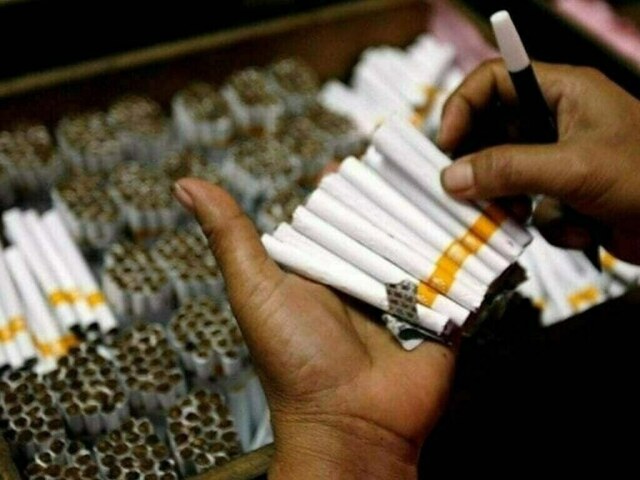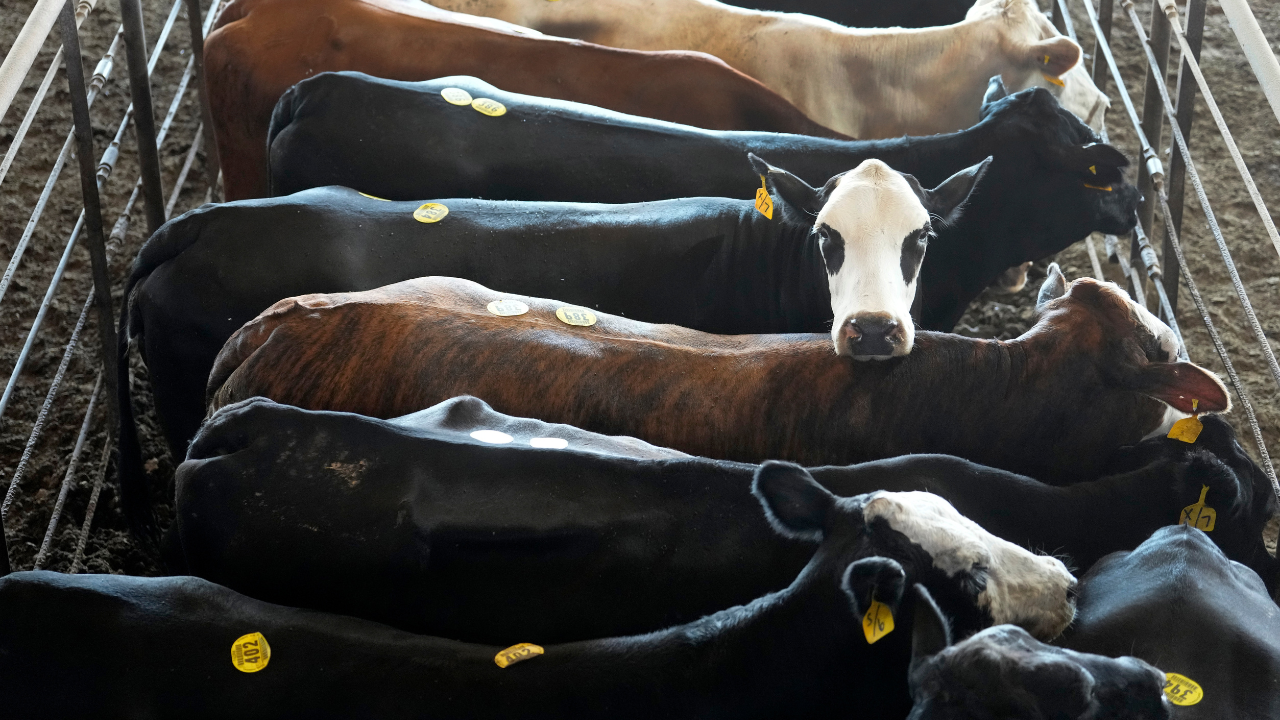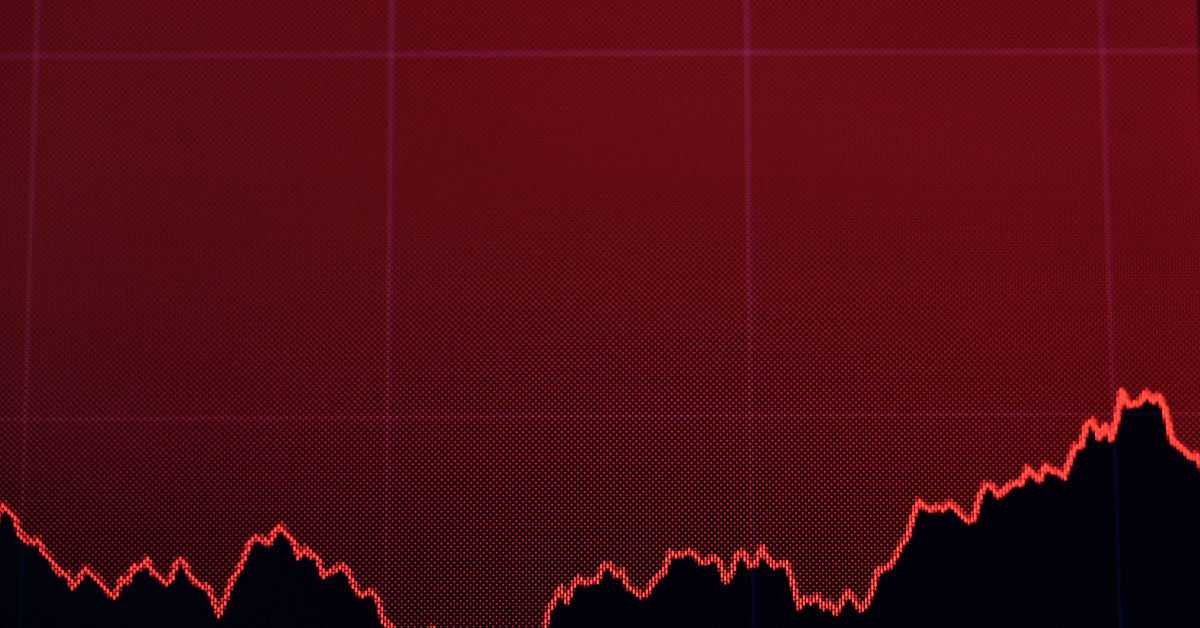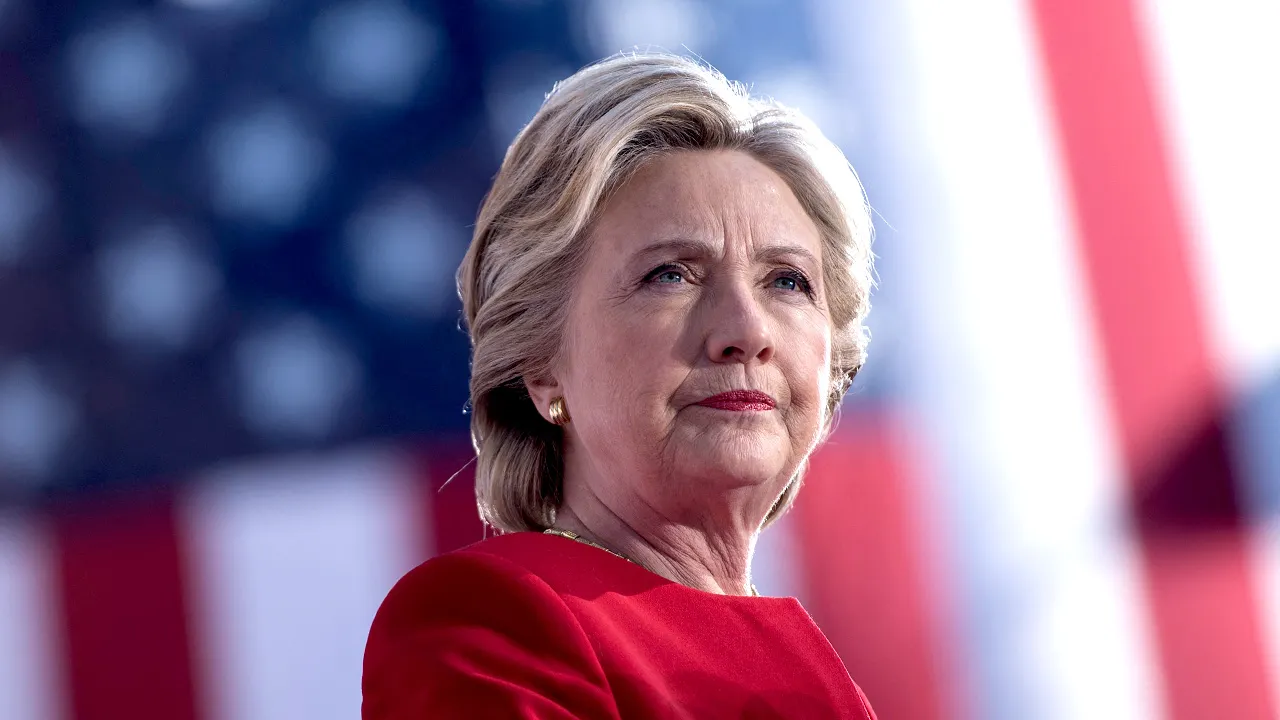Copyright brecorder

LAHORE: Pakistan’s tobacco industry continues to face a growing challenge as illicit cigarettes dominate a large share of the market, draining government revenue and strengthening illegal supply networks. Despite repeated policy interventions, the black market remains resilient, largely because supply chains are poorly monitored and enforcement actions have been inconsistent, sources said. Recent estimates show that illicit cigarettes now account for more than half of the total market, costing the national exchequer over Rs 415 billion annually. These products are smuggled, locally manufactured without tax compliance, or sold below the legal minimum price. This not only deprives the government of critical revenue but also places the legal sector at a significant disadvantage. "Without a decisive crackdown on the illicit tobacco trade, Pakistan’s legal industry will continue to suffer while the black market thrives unchecked", said Osama Siddiqui, a macroeconomic analyst. “Illicit trade has become deeply entrenched because the supply chain remains inadequately monitored. Unless strong enforcement is applied across manufacturing, distribution, and retail, policies will keep falling short of their intended goals,” he said, adding: “The way forward lies in robust supply chain management and coordination between agencies. A modernized track-and-trace system, backed by active enforcement at production sites, distribution points, and retail outlets, is essential. Stronger collaboration among revenue authorities can dismantle the networks that profit from tax evasion.” According to him, Pakistan cannot afford to let the illicit tobacco trade continue unchecked. A strict, sustained crackdown on the supply chain could recover hundreds of billions in lost revenue each year while ensuring a fair and competitive market for the legal sector. Copyright Business Recorder, 2025



